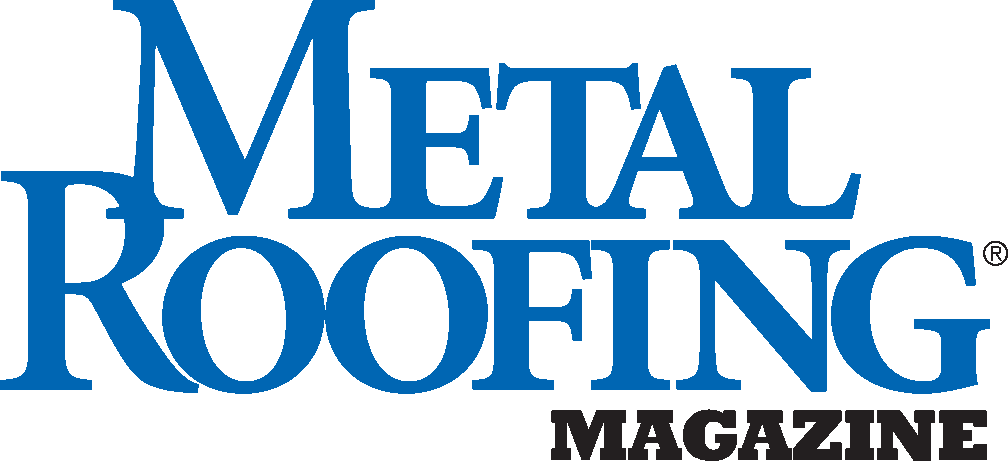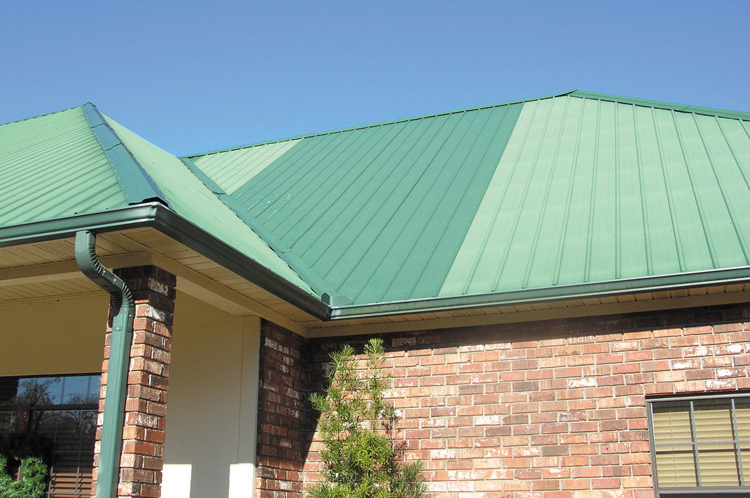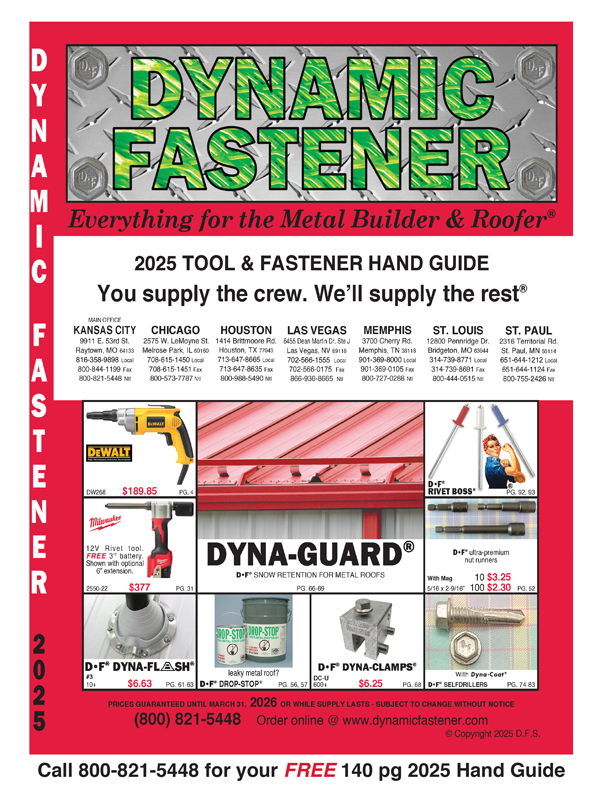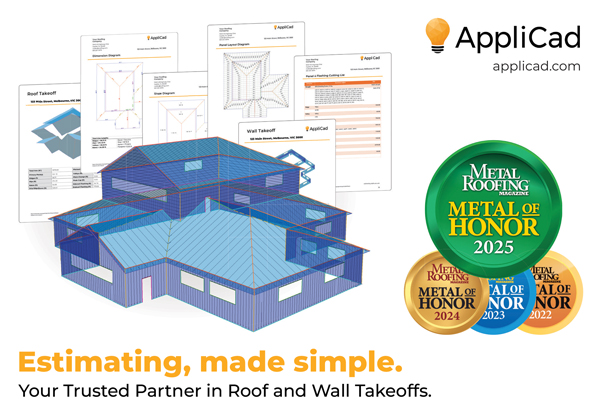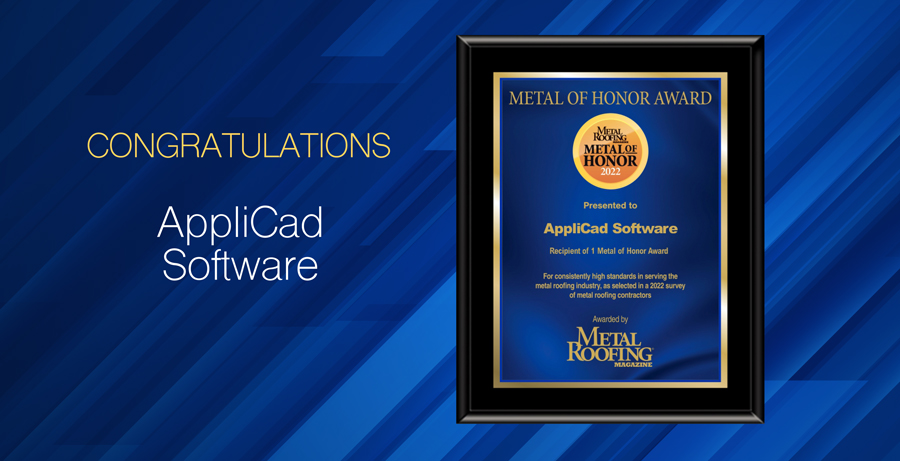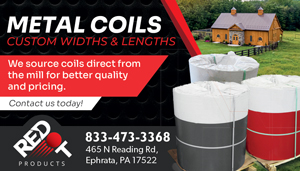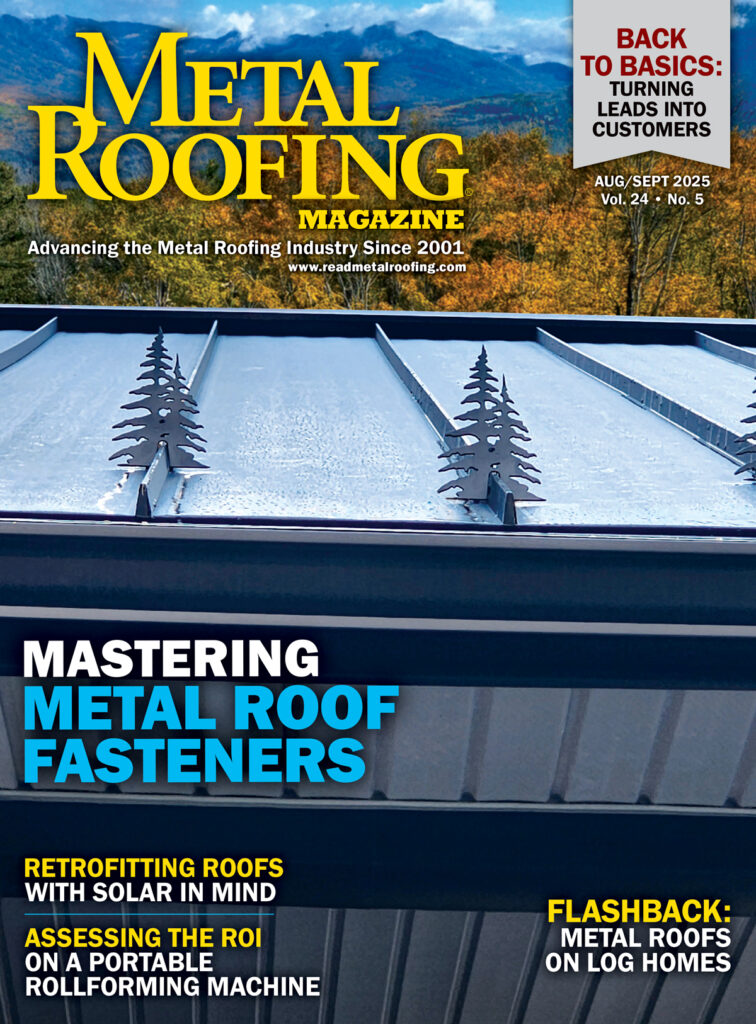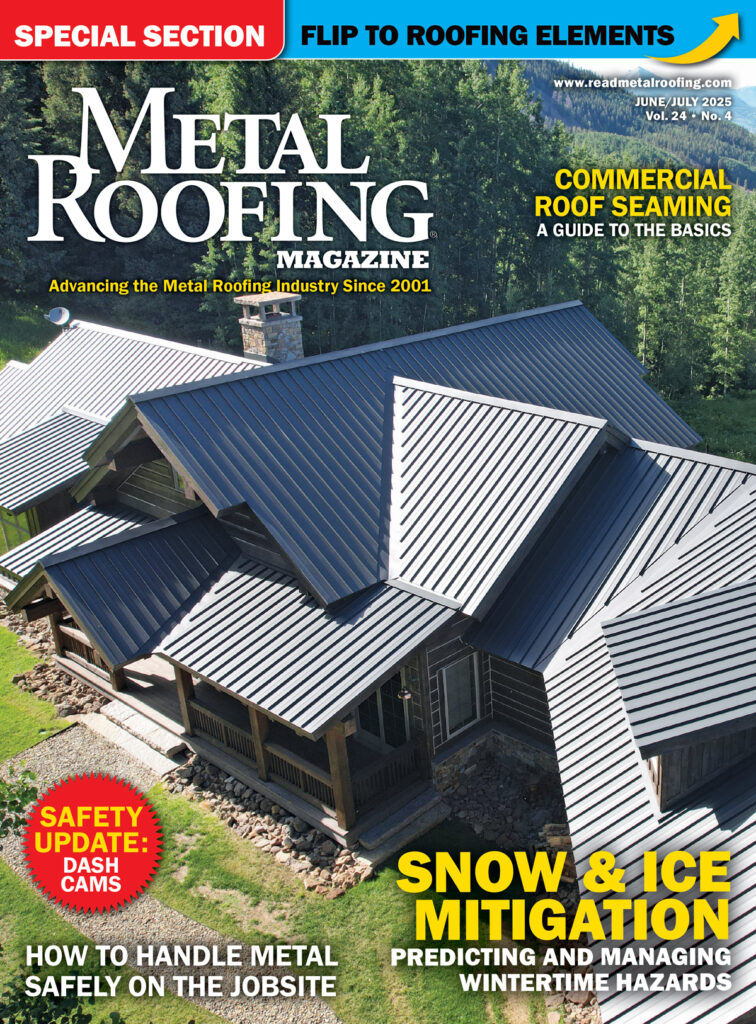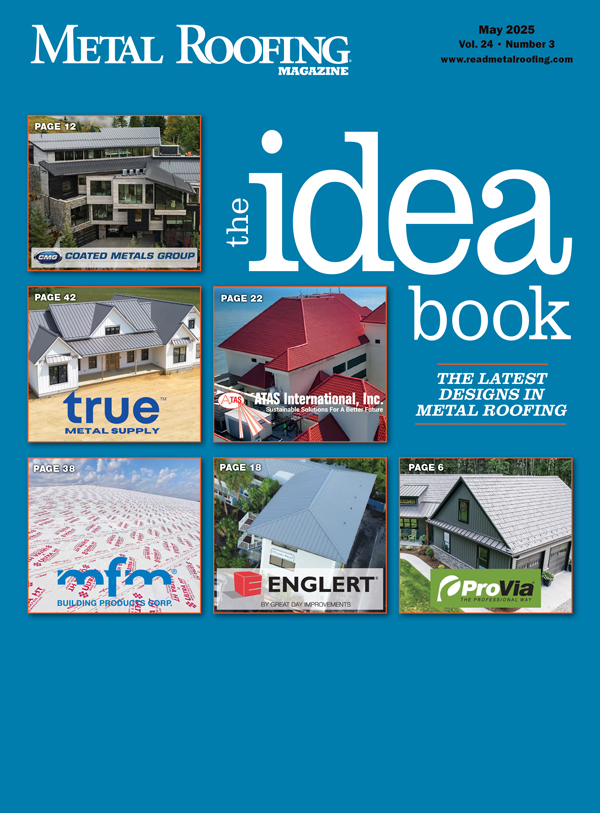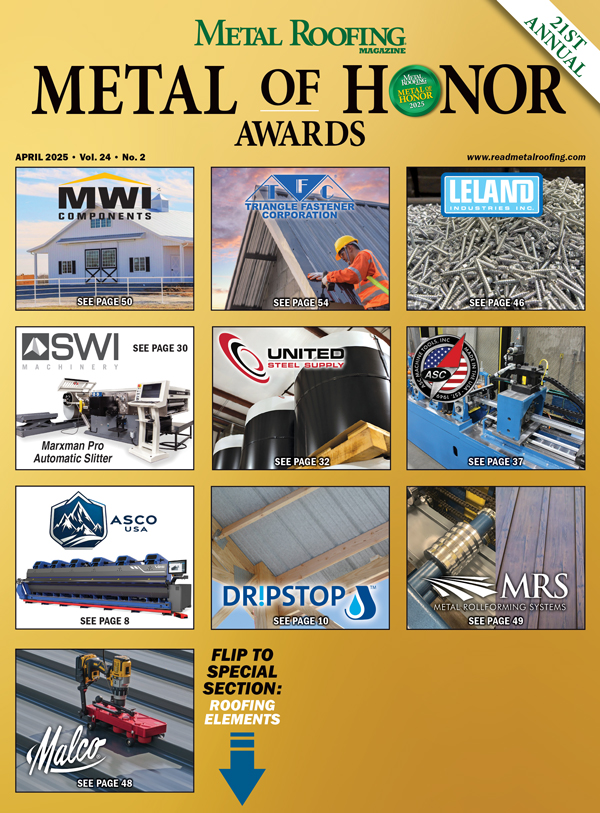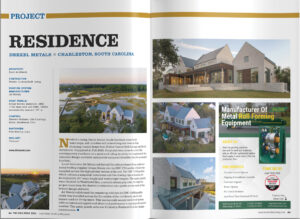11 Questions Every Metal Roofing Pro Should Be Ready to Answer
As professional metal roofing contractors, you know that success in this business depends not only on the quality of your work, but also on the confidence you inspire in potential clients. Homeowners and commercial property owners are doing more research and asking smarter questions before they sign a contract—and they expect you to have clear, knowledgeable answers that they can believe in. Before a lead becomes a client, you’ll need to address their concerns about your credentials, experience, products, and warranties. This list of eleven questions will help you prepare thoughtful, honest responses that can set you apart from the competition.
Before you can expect a potential client to become a customer, you should expect to answer these important questions about your business and the products you use:
1. How long have you and your company been in business?
Why it matters: Longevity signals stability, reliability, and experience. A client wants to know you’re not a fly-by-night operation and that you’ll still be around if issues arise down the line.
2. Are you and your crew licensed, bonded and insured?
Why it matters: These credentials prove that you follow legal requirements, carry proper coverage in case of accidents, and protect both your team and your client from potential liabilities.
3. What is your experience working with the customer’s preferred roofing materials?
Why it matters: Not all roofers have experience with every type of metal roofing. Clients want reassurance that you know the specific system and can handle it without a learning curve.
4. Can you provide three project examples and references from recent jobs you’ve completed?
Why it matters: A good reputation is gold. Sharing recent work and satisfied client contacts builds trust and shows that your quality is consistent and verifiable.
5. What steps will you take to protect my property, home and landscaping during the process?
Why it matters: Damage to landscaping, siding, or driveways can lead to costly repairs—and unhappy clients. Explaining your protective measures shows attention to detail and respect for the entire property, not just the roof.
6. What is the brand/manufacturer of the materials you’ll be using and what is their track record?
Why it matters: Brand reputation matters as much as your installation skills. A high-performing product from a trusted manufacturer reassures the customer that their roof will last and that the company stands behind its materials.
7. What kind of product and installation warranties are offered, are they transferrable and how long is the product guaranteed to last?
Why it matters: Warranties are a huge part of a roofing investment. Clients want to know how long they’re covered, what’s covered, and whether they can pass that warranty to a future buyer if they sell the home.
8. What verifiable safety, performance and environmental standards, testing and regulations does the manufacturer adhere to?
Why it matters: Standards and testing show the product has been independently vetted for safety, durability, and sustainability. That gives the customer peace of mind and supports your credibility as a professional who uses only trusted materials.
9. What type of performance ratings does the product have for conditions such as severe weather and fire protection?
Why it matters: Especially in regions prone to wild weather, customers want roofs that can handle hail, high winds, or fire threats. Knowing the product’s ratings (like Class 4 impact resistance or Class A fire rating) lets you address concerns proactively.
10. What customer service support do you and the manufacturer offer should an issue, problem or question arise?
Why it matters: No one wants to chase down answers. When clients know who to call—and that someone will respond—it creates confidence. Your willingness to back up your work makes a strong impression.
11. Does the manufacturer have favorable reviews from other customers and credible, third-party business rating organizations?
Why it matters: Online reviews and third-party ratings like the BBB are often a customer’s first stop in researching you and your products. Positive feedback from others reinforces the idea that they’re making the right decision with you.
Pro Tip: Joining credible trade organizations can add reach and enhance your reputation, in addition to providing access to accurate information and resources for clients.
Today’s customers aren’t just buying a roof—they’re investing in peace of mind. By confidently and transparently answering these questions, you show that you’re not just a skilled installer, but a trustworthy partner in protecting their most valuable asset. Your knowledge of the materials, your commitment to safety, and your track record of satisfied customers all contribute to the kind of reputation that wins jobs and keeps referrals coming. In a competitive market, preparation and professionalism can make all the difference. MR

